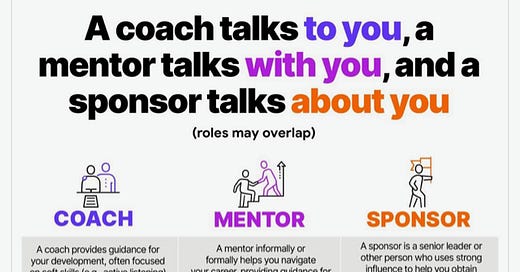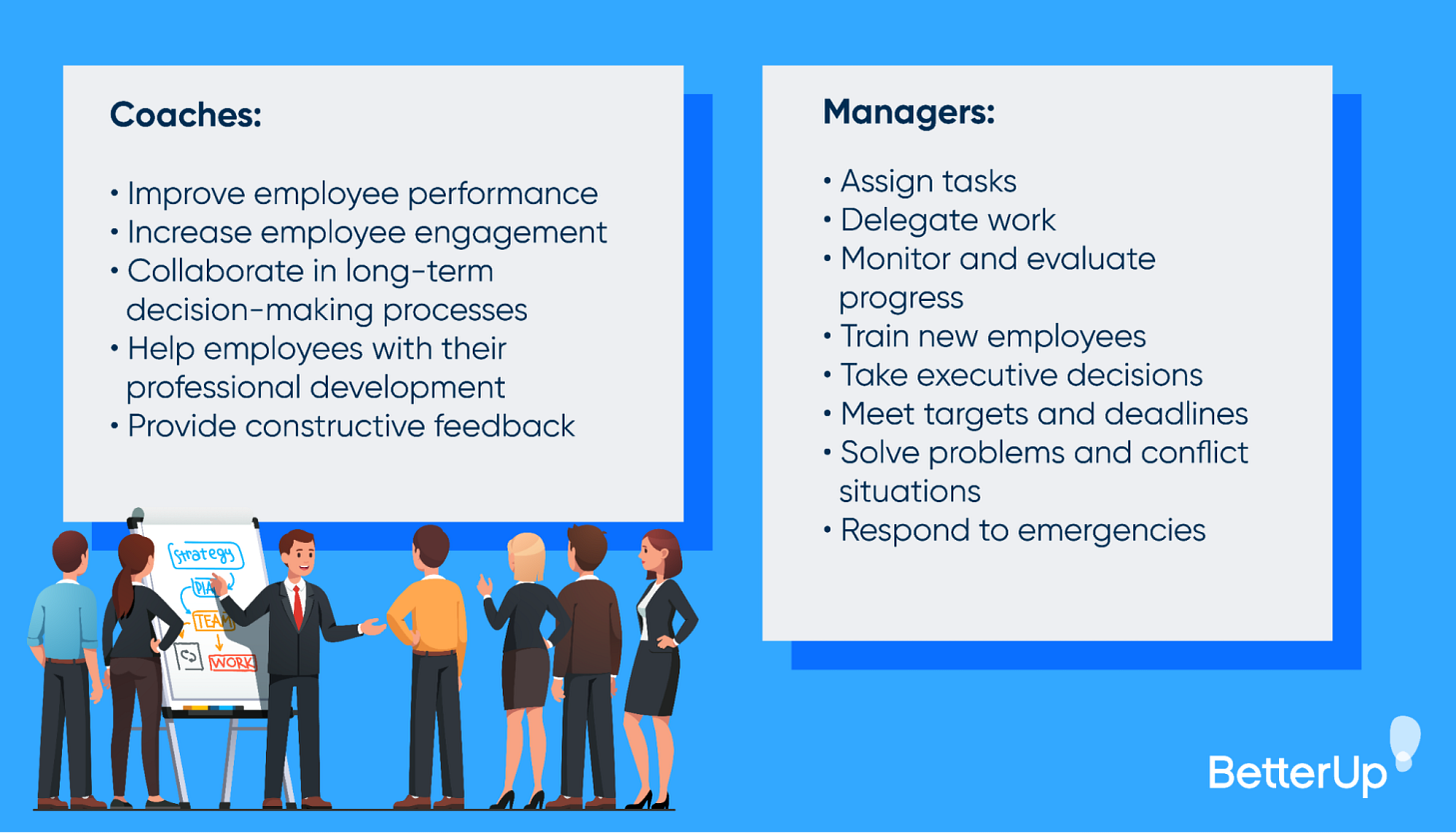Are You Managing or Coaching Your Team?
Great managers coach teams as a unit—not just high performers. Here’s how to build that skill practically, without losing your leadership edge.
Hello, dear leaders — welcome to a new week. And for those in countries observing the Eid holiday, hope your holiday has been restful.
This week, let’s talk about something we don’t always frame correctly: coaching.
Thanks for reading Ayodeji’s Manager Monday Newsletter! Subscribe for free to receive new posts and support my work.
Subscribed
We often think of coaching as something external—an executive coach comes in, does a few sessions, and helps your team perform better. But the truth is, the most consistent and powerful coaching doesn’t come from outside. It comes from you, the manager - the leader of the team.
Your role is evolving. It’s no longer enough to just manage tasks or correct mistakes. Today, managers are expected to coach individuals and coach the team as a unit—in ways that promote growth, build resilience, and drive results over time.
Here’s how to make that shift — practically, intentionally, and with impact.
1. From Performance Fixer to Learning Facilitator
Let’s start here: being a coaching manager doesn’t mean turning into a therapist or motivational speaker. It means learning how to listen well, ask good questions, and know when to step in or step back.
At its best, coaching is a tool for helping people think clearly, act wisely, and stay motivated. You don’t need all the answers. You need to create the kind of environment where the answers can emerge from the team.
You’re not fixing problems. You’re facilitating growth.
2. Coach the Team, Not Just the Individual
From the HBR article by Sanyin Siang and Michael Canning, one powerful shift stood out to me:
“Managers must coach the team as a unit—not just support individual performers.”
No matter how strong your top performers are, real success is collective. Great managers build alignment, not just skill. Here are three team coaching methods that work:
🧩 Problem-Based Coaching
When a challenge hits, don’t rush in with solutions. Let the team work through it—with your support. You’ll boost ownership, accelerate learning, and build real confidence.
🧠 Discussion-Based Coaching
Use a Socratic approach. Ask questions that help the team reflect and challenge assumptions. You’ll gain insight into their thinking and help them strengthen their problem-solving skills.
🔁 No-Blame Coaching
Create a culture where both wins and failures are treated as learning moments. The goal is fast feedback, faster pivots, and deeper trust.
3. Coaching vs. Managing: Know When to Switch Hats
One of the biggest challenges of being a coaching manager is learning to navigate roles. You’re not just a coach. You’re also a trainer, mentor, consultant—and sometimes, the decision-maker.
Knowing when to shift gears (and naming that shift for your team) is essential.
When you're training, you’re teaching a defined skill.
When you're mentoring, you're sharing experience and giving advice.
When you're consulting, you're offering a solution.
When you're coaching, you're guiding their thinking, not giving answers.
And sometimes, the best move is to say: “Let me switch to my coaching hat for a second...”
Clarity helps everyone grow.
4. Coaching Skills That Matter Most
Here are the core skills you need to cultivate to coach well inside your team:
👂 Listening
The kind that builds trust and signals you value their perspective—not just the facts, but how they feel about those facts.
❓ Asking
Not just “what happened?” but “what matters to you in this?”
Ask questions that prompt reflection, insight, and action.
🤔 Sensing
Reading the room. Noticing what’s said—and what’s not. Picking up on emotional cues and adjusting your approach.
Coaching is not passive. It’s intentional presence. And when done well, it changes how your team sees themselves and each other.
5. Real Talk: Challenges of the Coaching Manager
Let’s not pretend this is easy. Coaching as a manager comes with tensions:
Power dynamics can make honesty tricky
Role confusion can cause resistance
Time pressure tempts us to give answers instead of guiding discovery
Confidentiality must be handled with care
But the upside? If trust is already in place, you can go deeper, faster—and create an environment where learning is normalized and sustained.
6. Make It a Practice, Not a Performance
Coaching doesn’t have to be a formal session. The best coaching happens in moments:
After a sprint ends
During an informal chat
In a one-on-one where you ask, “What do you think you learned this week?”
It’s less about frameworks and more about being present, curious, and intentional.
As a manager, you’re not just driving results. You’re developing people. And that’s where the real, long-term value lies.
Below are some additional resources
The Difference Between Managing and Coaching Your Team
How Can I Be Of Help?
My name is Ayodeji Jeremiah. I have worked as a Senior Manager Enablement Partner for one of the world's leading EORs/HR Technology/Future of Work companies where I provided coaching, mentoring and support for 125 managers across the company across 15 business teams.
I have also worked as a Chief of Staff for a private equity firm based in the United States. I presently serve as a part-time Advisor and Consultant with 2 leading knowledge management consulting firms - AlphaSights and AlphaSense Expert Insights where I provide high level professional advice, consulting, perspectives, and opinions on a project-by-project basis for senior level clients at startups, multinational corporations, investment funds, strategy consultancies and non-profits.
I work with company leaders to create effective, relevant and timely resources, programs, policies and training to improve their people management, operations management, workflow processes, employee experience and leadership and management capabilities across their companies and organizations. I facilitate strategy sessions and I am also available to help guide your company’s AI adoption.
I look forward to connecting with you.
+234802 686 1642; +234806 685 7955







